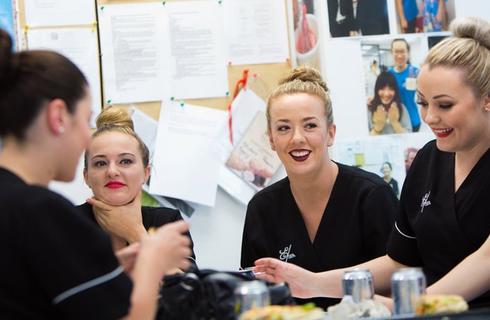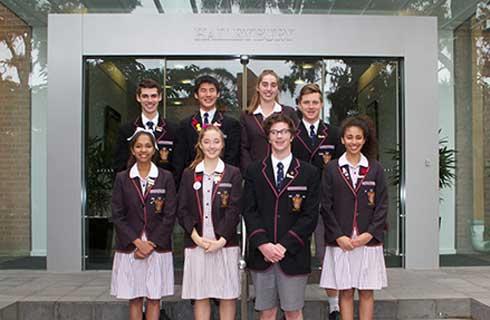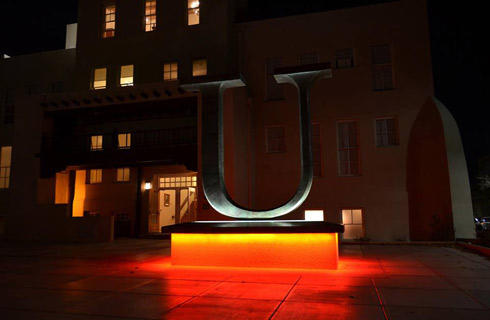检验医学硕士
Master of Laboratory Medicine

学历文凭
Masters Degree (Coursework)

专业院系
College of Health and Medicine

开学时间

课程时长

课程学费

国际学生入学条件
Applicants must have successfully completed a first degree in Biochemistry, a Medical Science, or Health Science or other related discipline, with a minimum GPA of 5.0 on a 7.0 scale.
IDP—雅思考试联合主办方

雅思考试总分
- 雅思总分:
- 托福网考总分:
- 托福笔试总分:
- 其他语言考试:
CRICOS代码: 093656A
申请截止日期: 请与IDP联系 以获取详细信息。
课程简介
The Master of Laboratory Medicine is designed to provide students with the theoretical and practical skills necessary for employment as Medical Laboratory Scientists in medical pathology laboratories or other diagnostic laboratories (Professional Experience Sequence) and to provide relevant research experience (Research Sequence). The programme will provide a formal qualification in Laboratory Medicine for students with an undergraduate background in science or health science. The Master of Laboratory Medicine will provide some experience in research and a potential pathway for students to enter postgraduate research degrees. Students who choose the Master of Laboratory Medicine Professional Experience Sequence, will undertake their professional experience placement in host laboratories in New South Wales. Students will gain knowledge and a variety of skills in Laboratory Medicine professional areas such as: clinical chemistry, endocrinology, haematology, blood transfusion science, histopathology, medical microbiology, human molecular biology, and immunology. A Medical Scientist carries out laboratory investigations which assist in the diagnosis and treatment of disease. Graduates of the course should be eligible to sit the examination for membership of the Australian Institute of Medical Scientists once they have completed appropriate practical laboratory experience. There are various career options open to biomedical and medical laboratory scientists, especially in hospital clinical and pathology laboratories, private pathology services, blood transfusion services, veterinary pathology laboratories and public health laboratories. Other areas of employment are found in universities and diagnostic companies.
相关申请
 预科
预科 奖学金
奖学金 实习机会
实习机会 在校学习
在校学习 跨境学习
跨境学习 校园授课-线上开始
校园授课-线上开始 在线/远程学习
在线/远程学习
开学时间&学费
学费信息仅供参考,请与IDP联系以获取详细信息
| 开学时间 | 时长 | 学费 | 地点 |
|---|
学校排名

世界排名351
数据源:
泰晤士高等教育世界大学排名
关于塔斯马尼亚大学

要为未来的职业生涯做好准备,塔斯马尼亚是最佳选择。除了享受美好的生活方式和以行业为重点的实践学习外,学生们还将沉浸在世界上最壮观的自然环境中。塔斯马尼亚拥有充满活力的城市、海滩、雪原和壮观的国家公园,学生们可以在这里聆听自己的思考,学习课堂以外的知识。整个岛屿都是学生们的校园。校园设施包括丰富的专业学习空间,注重实际和真实的学习。澳大利亚海事学院拥有最先进的航运模拟器和海军设计实验室。护理专业的学生在逼真的高科技模拟病房中学习。HIT 实验室则让学生探索最新的人机界面技术。通过实地考察、工作实习和可持续发展计划,大学的许多课程还能让学生在塔斯马尼亚的户外和特定行业环境中进行学习。这些真实世界的经历使学生更容易就业,为就业做好准备,同时也为他们提供了与热情好客的社区接触的机会。此外,学生们还将拥有一段独特而难忘的澳大利亚经历。学生可以从众多优秀的本科和研究生课程中进行选择。所有课程均受到高度评价,尤其是该校的农业科学、护理学、海洋学和法学课程更是广受赞誉。塔斯马尼亚热情欢迎国际学生,每个校区都拥有充满活力的多元文化。塔斯马尼亚是一个充满创造力和好奇心的岛屿,无论学生来自哪里,他们都将成为这个热情好客、团结协作的社区的一员。塔斯马尼亚大学提供许多专门的学术和财务支持服务,包括专门的国际奖学金,帮助学生在塔斯马尼亚大学学习。
本校相关课程
其他相关课程

MBBS医学
 东安格利亚大学
东安格利亚大学学历文凭
Bachelor Degree
开学日期
课程费用总额

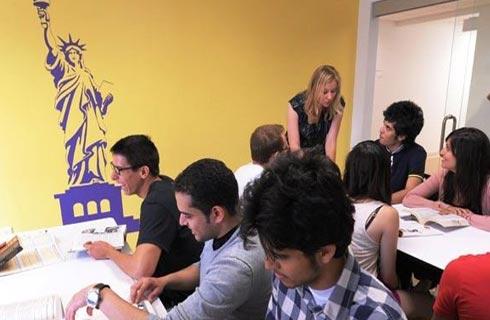
MSci (Hons) Medicinal Chemistry with Industry
 英国女王大学
英国女王大学学历文凭
Bachelor Degree
开学日期
课程费用总额

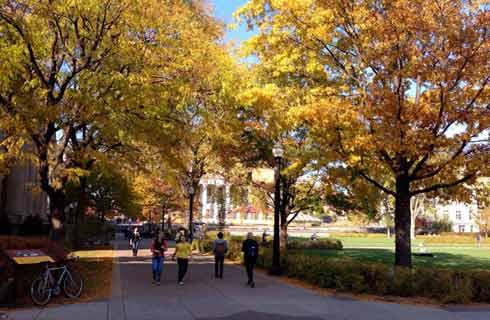
理学学士(荣誉学位)-药物化学
 奥克兰大学
奥克兰大学学历文凭
Bachelor Degree with Honours
开学日期
课程费用总额


MSc Medical Microbiology
 赫特福德大学
赫特福德大学泰晤士高等教育世界大学排名:765
学历文凭
Masters Degree (Taught)
开学日期
课程费用总额

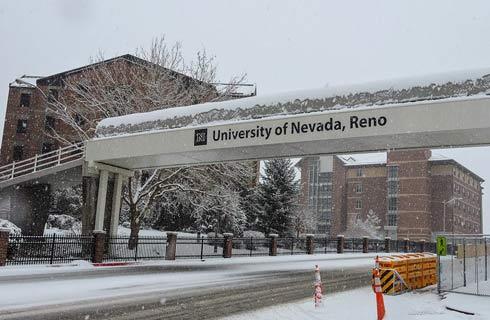
诊断病理学硕士
 堪培拉大学
堪培拉大学泰晤士高等教育世界大学排名:470
学历文凭
Masters Degree (Coursework)
开学日期
课程费用总额


生物科学与生物医学(学位课程)理学学士学位
 兰卡斯特大学
兰卡斯特大学泰晤士高等教育世界大学排名:185
学历文凭
Bachelor Degree with Honours
开学日期
课程费用总额











